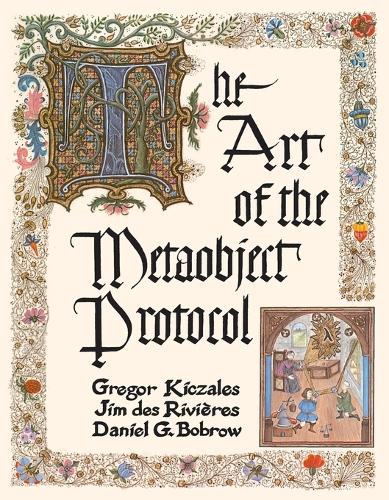
The Art of the Metaobject Protocol
(Paperback)
Publishing Details
The Art of the Metaobject Protocol
By (Author) Gregor Kiczales
By (author) Jim des Rivieres
By (author) Daniel G. Bobrow
MIT Press Ltd
MIT Press
30th July 1991
United States
Classifications
Tertiary Education
Non Fiction
005.133
Physical Properties
Paperback
352
Width 178mm, Height 229mm, Spine 17mm
658g
Description
The CLOS metaobject protocol is a high-performance extension to the CommonLisp Object System. The authors, who developed the metaobject protocol and who were among the group that developed CLOS, introduce this approach to programming language design, describe its evolution and design principles, and present a formal specification of a metaobject protocol for CLOS. The authors show that the "art of metaobject protocol design" lies in creating a synthetic combination of object-orientated and reflective techniques that can be applied under existing software engineering considerations to yield a new approach to programming language design that meets a broad set of design criteria. One of the major benefits of including the metaobject protocol in programming languages is that it allows users to adjust the language to better suit their needs. Metaobject protocols also disprove the adage that adding more flexibility to a programming language reduces its performance. In presenting the principles of metaobject protocols, the authors work with actual code for a simplified implementation of CLOS and its metaobject protocol, providing an opportunity for the reader to gain hands-on experience with the design process. They also include a number of exercises that address important concerns and open issues.
Author Bio
Gregor Kiczales is a Member of the Research Staff in the System Sciences Laboratory at Xerox Palo Alto Research Center. Jim des Rivi res is a Member of the Research Staff in the System Sciences Laboratory at Xerox Palo Alto Research Center. Daniel G. Bobrow is a Research Fellow in the Intelligent Systems Laboratory, Xerox Palo Alto Research Center, editor-in-chief of the Journal of Artificial Intelligence, and Chair of the Governing Board of the Cognitive Science Society.
